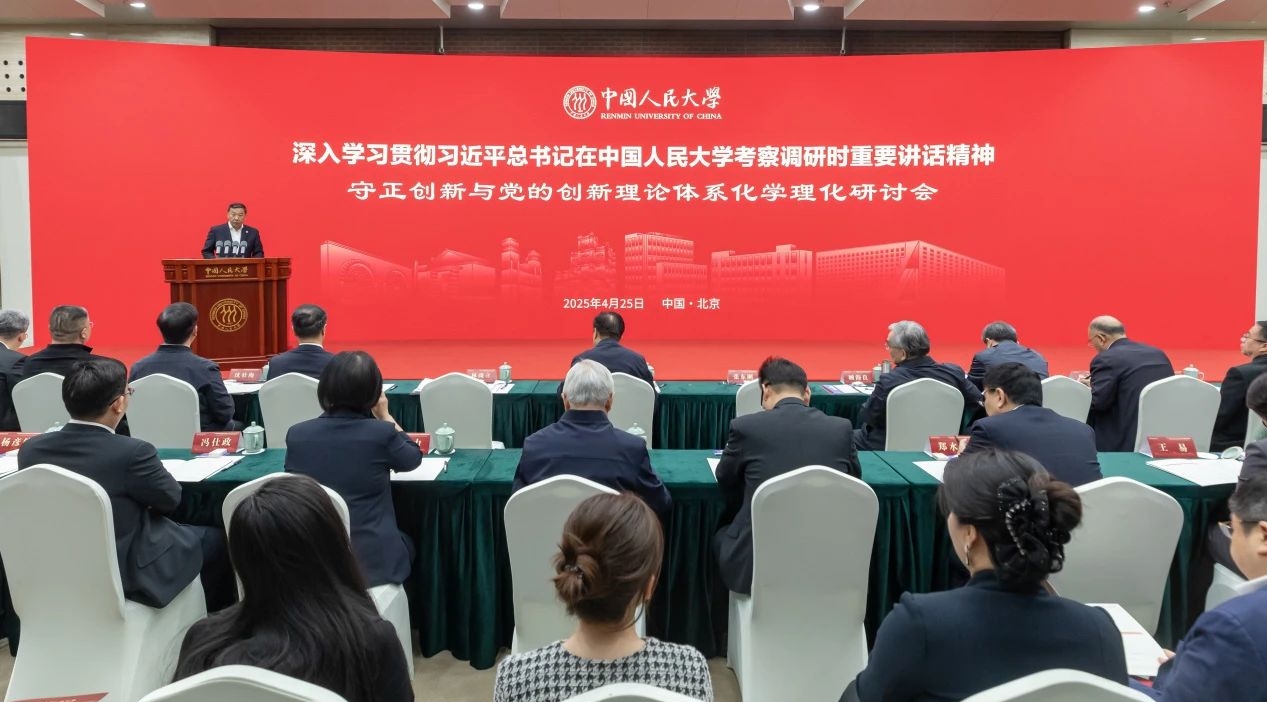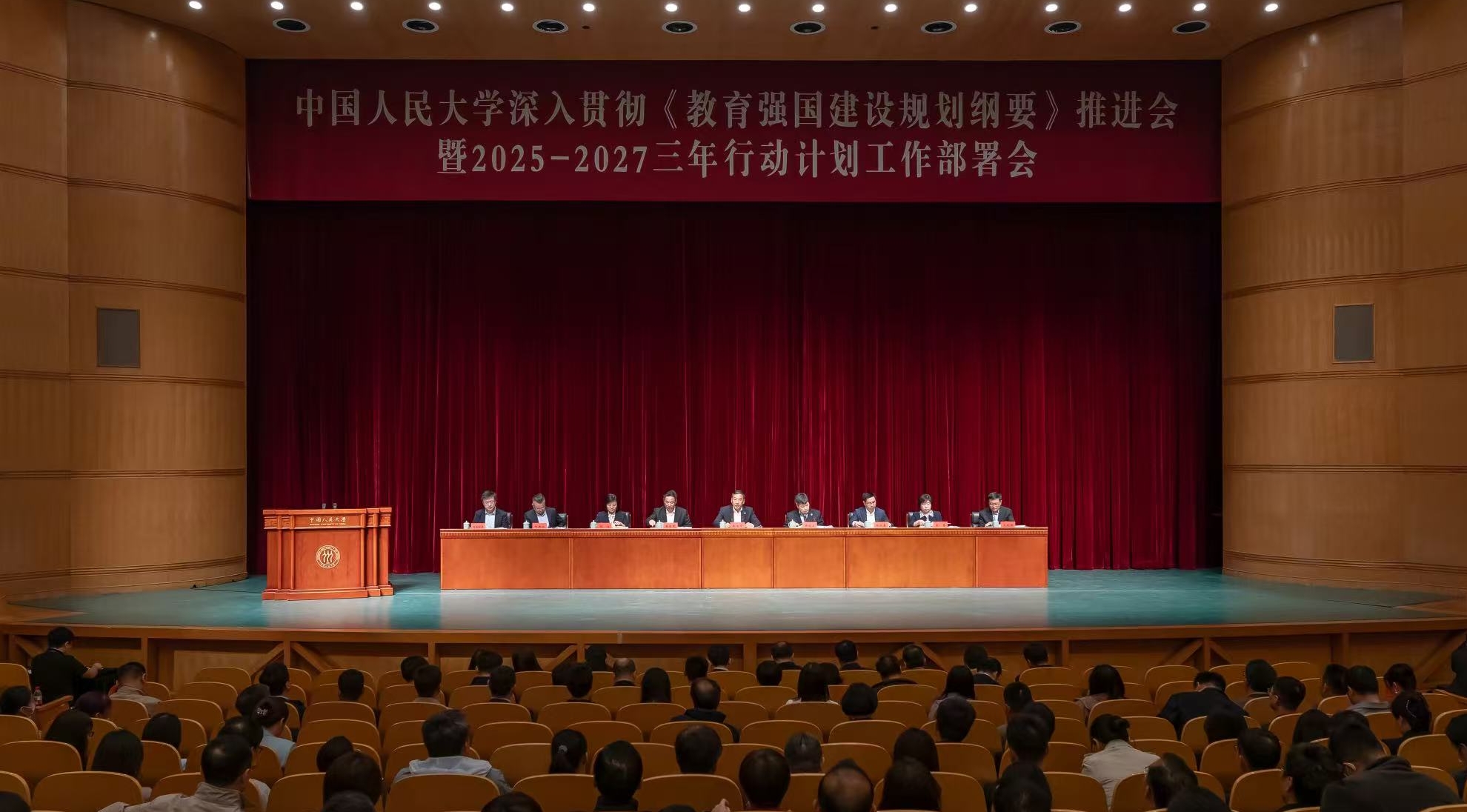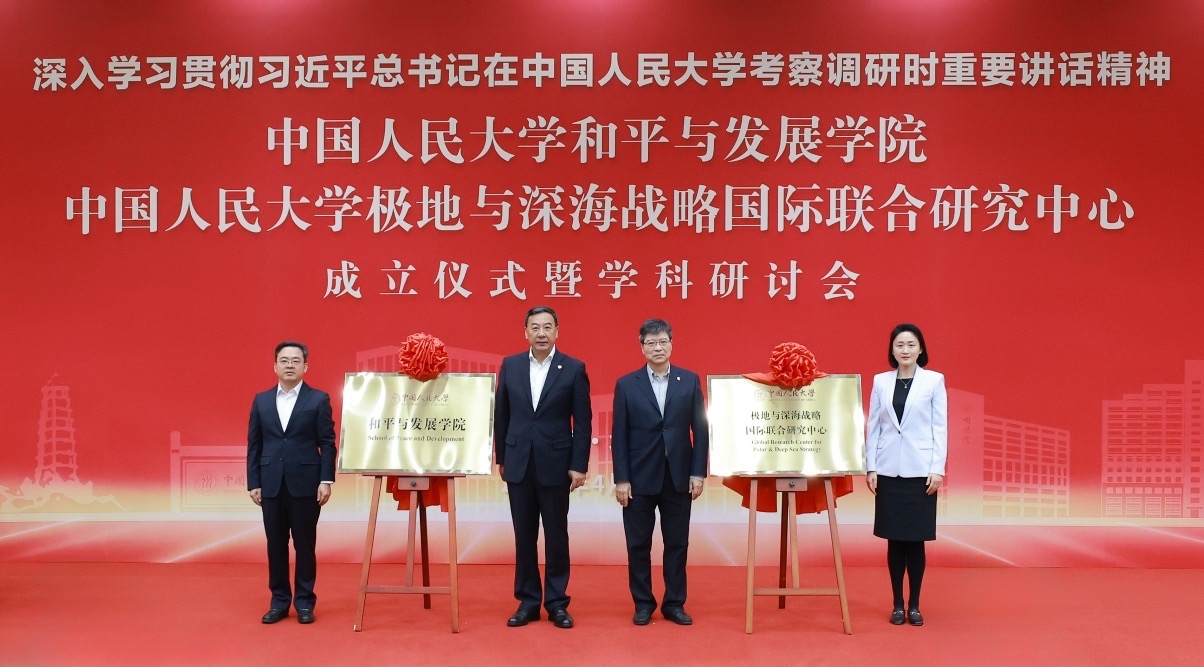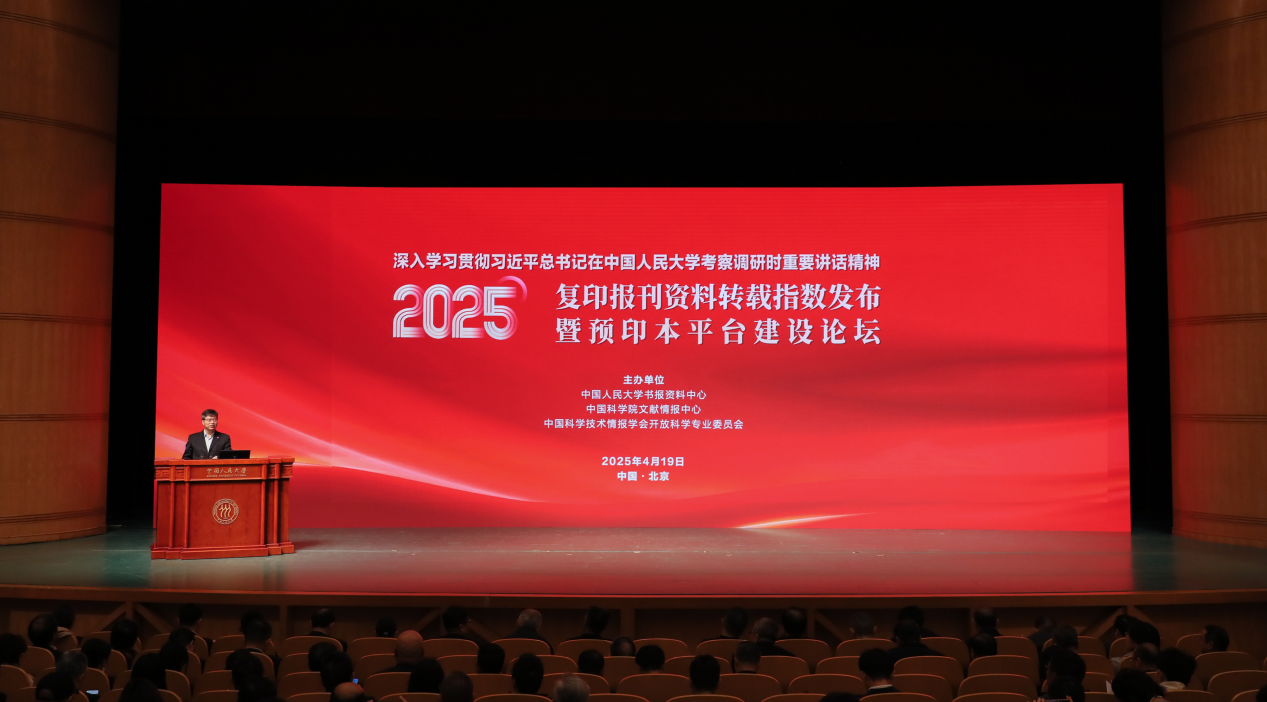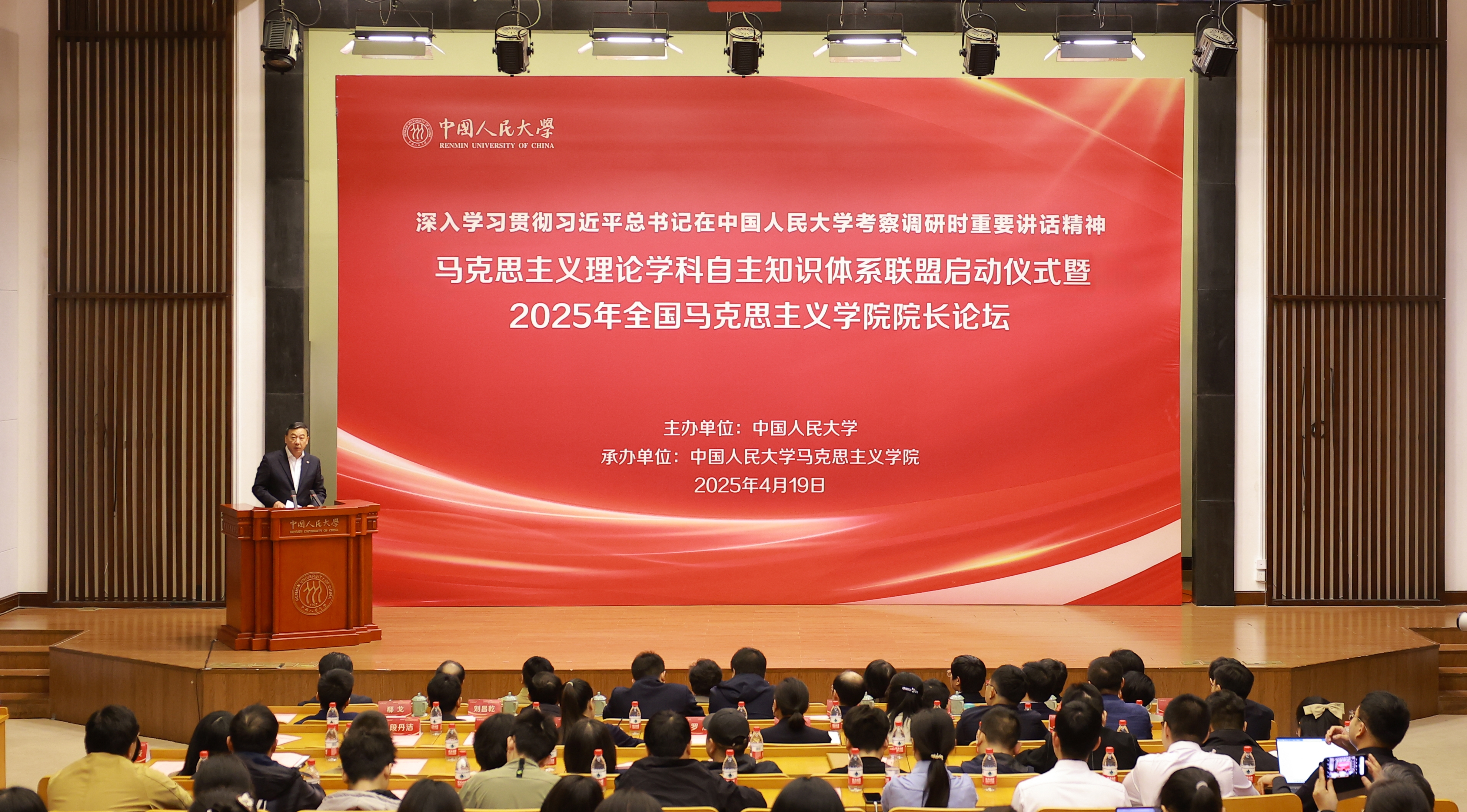At the G20 summit, Brazil proposed the creation of a Global Alliance against Hunger and Poverty, something on which it can draw experience from the world's largest-developing country
This year marks the 50th anniversary of the establishment of diplomatic relations between China and Brazil. As the two largest developing countries in the Eastern and Western hemispheres, China and Brazil have adhered to mutual respect and equal treatment over the past half century, and bilateral relations have maintained a sound momentum of development.
Stefan Zweig, an Austrian writer, once described Brazil as "country of the future", extolling its development potential. However, on the road to modernization, Brazil is facing ups and downs. As the economy sways between export orientation and import substitution, as well as superpower aspirations and strategic retrenchment on the international stage, Brazil is torn between acting on its own and turning to the West.
Brazil has rich natural resources. Since the colonial period, Brazil's economy has been heavily dependent on the Western market, forming an economic development model that is highly dependent on exports of agricultural products, mineral resources and other commodities, and greatly affected by the international market. Entering the 20th century, Brazil realized that in order to shield itself from the influence of external fluctuations, it must get rid of its dependent economic structure and carried out an import substitution industrialization strategy, and implemented state-led development.
However, after the 1980s, affected by the debt crisis, Brazil began to implement neoliberal policies at the request of the West. The characteristics of "deindustrialization "were significant, making Brazil return to the mode of relying on commodity exports.
Currently, agricultural products account for nearly half of Brazil's total exports, while the share of manufactured goods in exports is relatively limited. Brazilian President Luiz Inacio Lula da Silva launched a re-industrialization program this year, pointing out the need to solve the problems that have caused Brazil to always be close to but never become a developed country and brought Brazil to a crossroads on the road to development once again.
Brazil is also a member of the G20 and BRICS, and one of the most frequently elected non-permanent members of the United Nations Security Council. It has a certain influence among developing countries and has long pursued the dream of becoming a great power. But, constrained by its own strength, Brazil's great power aspirations have always been difficult to support.
As early as after World War I, Brazil wanted a permanent seat in the League of Nations to prove its great power status. However, Brazil found that other powers did not recognize it as a great power, but only as a subordinate of European countries; even other South American countries did not recognize it as a leader or representative of the region. Since then, Brazil has adjusted its foreign policy to forge a strong relationship and extensive cooperation with the United States. After World War II, however, the US and other world powers opposed Brazil's bid to become a permanent member of the UN Security Council, prompting Brazil to realize that it must seek a more independent foreign policy.
It was not until Lula was elected president of Brazil in 2003 that Brazil really clarified its identity as a major power, strengthened its role as a regional power in South America, and built up the strategic demands of emerging powers. After taking office again as the president of Brazil in 2023, Lula has led Brazil to actively speak out for the Global South and promote the development of the international order in a more just and reasonable direction. Brazil's strategic scholars have gradually realized that Brazil does not belong to the West, and that strengthening cooperation with emerging powers such as China is the way forward for Brazil. This has also created favorable conditions for Brazil to return to South-South cooperation and promote cooperation with China and other countries of the Global South.
China has been Brazil's largest trading partner for 15 consecutive years, and is the first trading partner in Brazil's history to export goods worth more than $100 billion. In addition to traditional economic and trade fields, bilateral cooperation also covers high-tech fields such as resource satellites, regional aircraft, biotechnology and deep-sea oil exploration. Brazil is also the first developing country to carry out cooperation with China in high-tech sectors such as satellites.
Ever since the two countries signed an agreement on joint development of Earth resources satellites in 1988, they have jointly developed six Earth resources satellites and sent them into space. China and Brazil are also strengthening cooperation in the fields of the digital economy, low-carbon development, intelligent manufacturing and other frontier areas, which continue to inject new vitality for bilateral relations. As one of the major sources of investment in Brazil, Chinese investment in Brazil has not only brought economic development, advanced technology and job creation, but also widely benefited the lives of local people, becoming a vivid practice of building a China-Latin America community with a shared future.
China is promoting high-quality development and high-level opening-up, promoting the great rejuvenation of the Chinese nation through Chinese modernization, and bringing more opportunities to Brazil and other countries in the world. At the just-concluded Seventh China International Import Expo, an increasing number of Brazilian companies were looking forward to entering the Chinese market and enhancing cooperation with Chinese partners. Whether it is increasing exports to China in the field of traditional agricultural products, or strengthening cooperation with China in the field of green environmental protection and carbon emissions reduction, Brazil looks forward to achieving "re-industrialization" through cooperation with China. There is still a huge space for cooperation between China and Brazil. On the new journey of Chinese modernization, China and Brazil should further strengthen communication and exchanges and synergize development strategies, consolidate the foundation of cooperation, create more highlights of cooperation, and bring benefits to more people.
Chinese modernization has shown to Brazil and other Global South countries that Westernization is not the only mode of modernization. Neoliberalism was once regarded as a road to economic prosperity, which was mistakenly imposed on Latin America, resulting in unfair social distribution and poverty problems that have long plagued Brazil. At this year's G20 summit, Brazil proposed the creation of a Global Alliance against Hunger and Poverty. As the world's largest developing country, China has accumulated rich experience in poverty alleviation. China and Brazil should continue to strengthen the exchange of governance experience, jointly explore a development path suited to their own realities, and promote the modernization of the Global South countries.
The author is secretary-general of the Center for Latin American Studies at Renmin University of China. The author contributed this article to China Watch, a think tank powered by China Daily. The views do not necessarily reflect those of China Daily.







